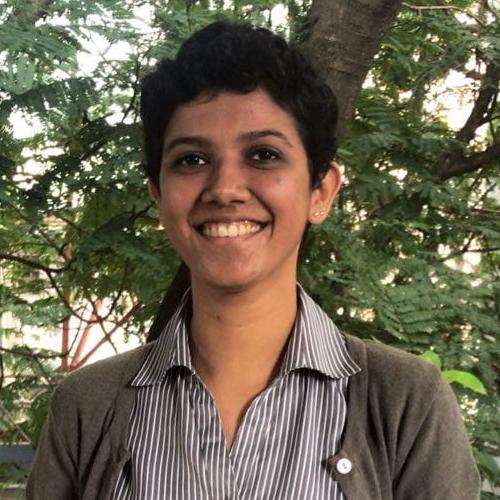In the recent past, Indian constitutional cases have had to resolve the difficult question of whether certain provisions of our Constitution, such as anti-discrimination under Article 15, extend to all classes of persons, irrespective of specific inclusions. In her Constitution Day Lecture on 26 November 2018 before an intimate group of lawyers and members of civil society, Dr Amita Dhanda, professor of law at NALSAR University, spoke on the ‘Construction of Exclusion under the Indian Constitution’ (which may be accessed here). She argued that legal education and training must inculcate a sense of injustice and pay greater attention to groups and communities that are excluded by constitutional text.
Problem of Constitutional Exclusion
Drawing on Prof Upendra Baxi’s three Cs – Constitution, Constitutionalism and Constitutional law – Dr Dhanda argued that constitutional law primarily concerns itself with those who are included and are able to assert their rights under the Constitution. The crux of her argument was that lawyers and judges often do not notice exclusion of certain classes of persons, or its consequences, as groups excluded from constitutional text cannot make constitutional claims. Therefore, the “…large scale presence of excluded population makes the Indian Constitution’s claim to Constitutionalism questionable”.
Two Perspectives on Exclusion
Dr Dhanda offered two perspectives on exclusion – a rational understanding based on textual exclusion (persons with disabilities), definitional exclusion (language, religion) and constitutional exceptions (armed forces), and an emotional understanding through lived experiences and empathy.
Responding to Exclusion
To counter the problem of exclusion, she argued that the legal community must move away from privileging ‘universality’ of norms that claims to treat all persons equally but which invariably make minority groups invisible. She drew from Edmond Cahn’s theory of empathy to advocate for legal education reform, to give adequate importance to the forgotten – lost causes, dismissed arguments and excluded individuals.
Dr Dhanda ended the lecture by noting that the legal community is best placed to find solutions to the problem of exclusion, and called on the legal fraternity to deepen their channels of empathy as a first step towards reaching the exalted values of the Indian Constitution.
– This post was authored by Deekshitha Ganesan, Research Associate

